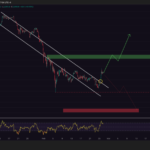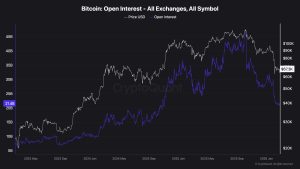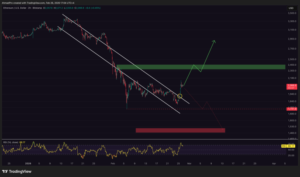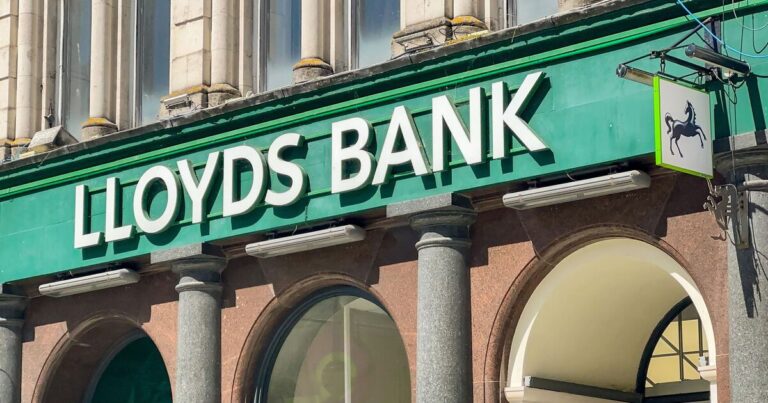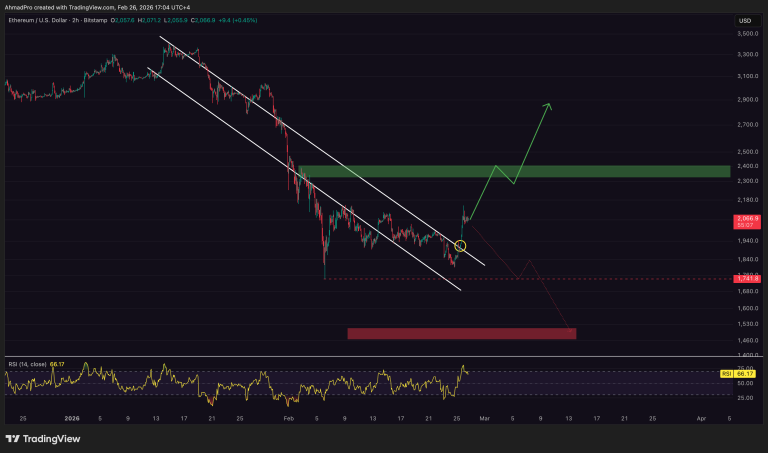Last updated:
 Why Trust Cryptonews
Why Trust Cryptonews
Ad Disclosure
We believe in full transparency with our readers. Some of our content includes affiliate links, and we may earn a commission through these partnerships.

El Salvador has secured a $1.4b IMF loan by scaling back its controversial bitcoin policies. The international financial body highlighted on Wednesday the reduced risks from Bitcoin adoption as businesses in the country now have the option to decline it.
The global lender also praised the government for improving fiscal stability, stimulating the economy, lowering inflation and addressing short-term debt.
President Nayib Bukele’s government has eased its Bitcoin-related policies, a key hurdle in past negotiations. New legal reforms let the private sector decide whether to accept the cryptocurrency. As a result, the IMF stated that risks from El Salvador’s Bitcoin project have “diminished significantly.”
Further, the government will gradually reduce its role in the Chivo crypto wallet, which has faced many technical problems.
El Salvador’s Bitcoin Strategy Drew IMF Warnings and Moody’s Downgrade
El Salvador’s relationship with the IMF became tense after Bukele made Bitcoin legal tender in Sept. 2021. By Nov. 2022, Bukele announced plans for the government to purchase 1 BTC daily.
The IMF has consistently raised concerns about the economic and legal challenges of adopting Bitcoin as a parallel legal tender, citing significant macroeconomic, financial and legal risks. Credit agencies like Moody’s downgraded El Salvador, attributing the decision to Bukele’s fiscal policies and Bitcoin adoption.
Further, the fund has repeatedly urged El Salvador to revise its Bitcoin policy. It recommended scaling back the Bitcoin Law by removing its legal tender status, dissolving the $150m Bitcoin conversion trust fund and avoiding the issuance of Bitcoin-backed bonds.
Bukele Celebrates Bitcoin Surge, IMF Deal Awaits Final Approval
Earlier this month, as Bitcoin’s price crossed $100,000 for the first time, Bukele announced that El Salvador’s crypto holdings had more than doubled in value. He blamed political opponents for discouraging Salvadorans from benefiting from Bitcoin’s rise.
While the agreement still awaits approval from the IMF’s executive board, it addresses a major concern for investors in El Salvador’s bond markets. The board is expected to review and approve the program by early February, provided the agreed measures are implemented.




